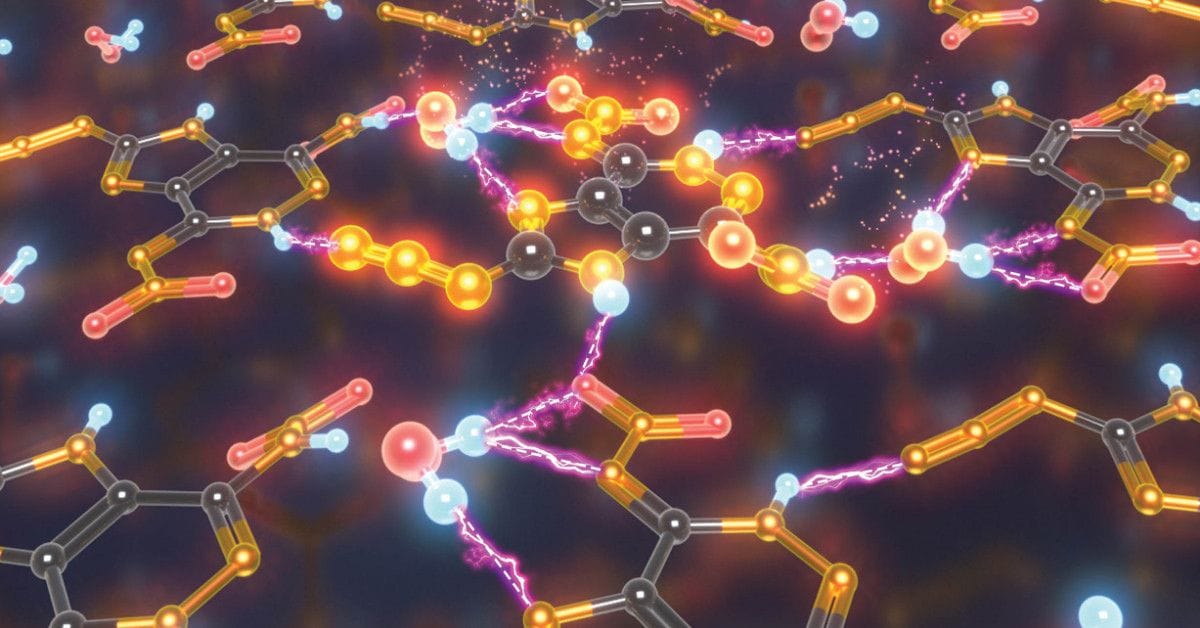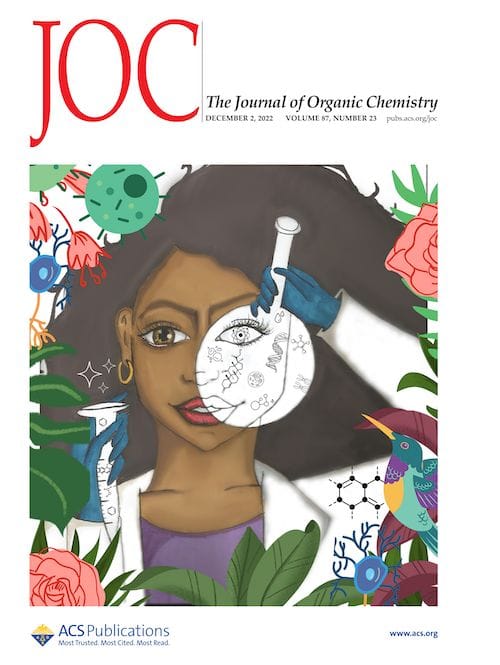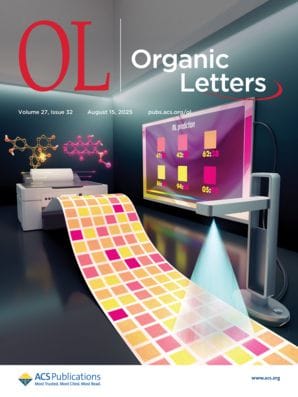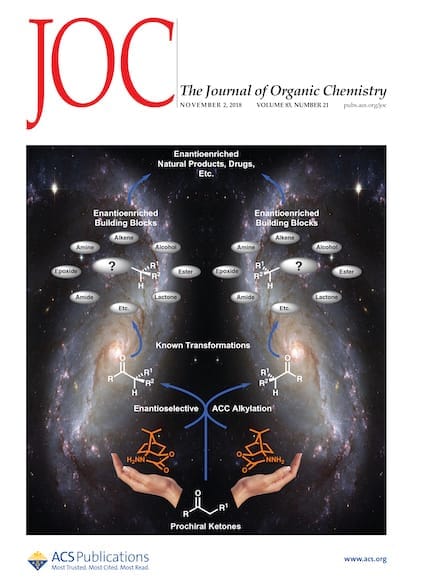This Special Issue will highlight the latest work of researchers moving beyond peripheral functionalization in organic synthesis, enabling direct reshaping of molecular skeletons through atom insertion, deletion, rearrangement, or exchange. Submit your manuscript by June 1, 2026.

The ability to transform an existing molecular framework into an entirely new one, beyond conventional peripheral functional group transformation, represents a paradigm shift in synthetic organic chemistry. Skeletal editing, encompassing atom insertion, deletion, exchange, or rearrangement, enables direct modification of molecular scaffolds, offering powerful routes to access unprecedented structures from readily available precursors. This transformative capability accelerates the discovery of new molecules, changes ways to construct molecular libraries, and enhances sustainability and efficiency in synthesis.
In light of this paradigm shift, The Journal of Organic Chemistry and Organic Letters announce this Special Issue, “Skeletal Editing, Molecular Metamorphosis, and Structural Reprogramming in Organic Synthesis.” The papers in this Special Issue are expected to address several long-standing challenges in synthetic chemistry. They will contribute to establishing more straightforward and sustainable synthetic routes aligned with green chemistry principles, while proposing new synthons and retrosynthetic disconnections that transcend traditional molecular design. By enabling direct structural reprogramming of existing molecules, these studies can overcome the limitations of conventional stepwise synthesis and open new possibilities for late-stage diversification and library construction with core-skeleton diversity.
Submitted manuscripts should focus on the following areas:
- New methodologies for metamorphosing molecular frameworks, including single-atom insertion/deletion, atom swapping, and skeletal rearrangement
- Applications of skeletal editing in natural product synthesis, medicinal chemistry, and materials science
- Mechanistic studies and computational insights about structural reprogramming via selective inert bond activation
- Integration of photo-, electro-, and continuous flow-chemical technologies for efficient skeletal transformations
Organizing Editors
Hideki Yorimitsu, Guest Editor
Kyoto University, Japan
Mark Levin, Guest Editor
University of Chicago, United States
Terry Lebold, Guest Editor
Lundbeck, United States
Masayuki Inoue, Associate Editor, The Journal of Organic Chemistry
University of Tokyo, Japan
Scott J. Miller, Editor-in-Chief, The Journal of Organic Chemistry
Yale University, United States
Marisa C. Kozlowski, Editor-in-Chief, Organic Letters
University of Pennsylvania, United States
Submission Information
We welcome submissions for this Special Issue through June 1, 2026. For more information on submission requirements, please visit the Author Guidelines page for each journal:
Accepted manuscripts for consideration in this Special Issue can be submitted in several forms. Comprehensive full papers reporting original research should be submitted as Articles to The Journal of Organic Chemistry, while early discoveries can be submitted as short, focused Letters to Organic Letters. Papers accepted for publication for this Special Issue will be available ASAP (as soon as publishable) online. After all submissions have been published, they will then be compiled online on a dedicated landing page to form the Special Issue. Manuscripts submitted for consideration will undergo the full rigorous peer review process expected from ACS journals.
Open Access: There are diverse open access options for publications in American Chemical Society journals. Please visit our Open Science Resource Center for more information.
How to Submit
- Log in to the ACS Publishing Center.
- Select the "Journals" tab.
- Choose either The Journal of Organic Chemistry or Organic Letters.
- Click "Submit."
- Select your manuscript type, and, under "Special Issue Selection," choose “Skeletal Editing, Molecular Metamorphosis, and Structural Reprogramming in Organic Synthesis."
If you have any general questions regarding submission to this Special Issue, please contact the editorial offices of the respective journals (eic@jorgchm.acs.org or eic@orglett.acs.org).

Stay Connected with The Journal of Organic Chemistry

